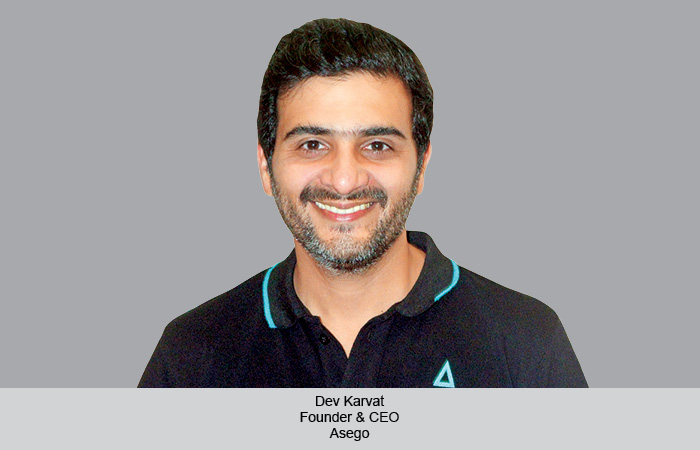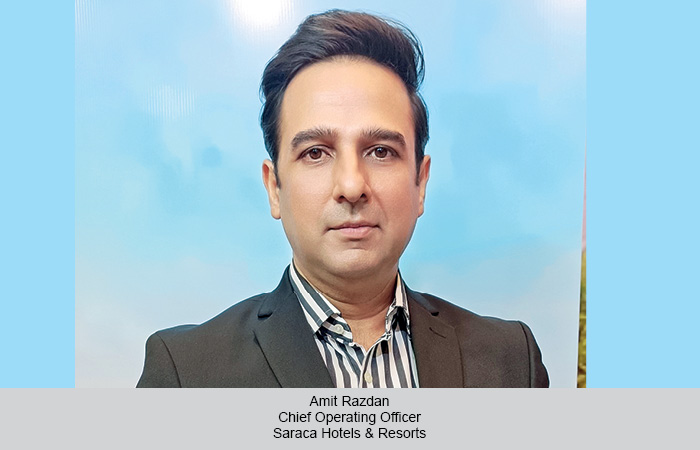After new leadership takes up reins in the Ministry of Tourism, the hospitality sector in India is hopeful that significant strides will be made for promoting India as a top tourist destination. HAI looks forward to collaborating with the government to also promote sustainable growth of Indian tourism.
Surbhi Sharma
In a move that suggests a fresh and aggressive approach to take India’s tourism industry forward, Gajendra Singh Shekhawat, Minister of Tourism & Culture, Government of India, recently held a meeting with the leadership of travel trade associations in New Delhi. Important people from the Union Ministry of Tourism, including the Secretary, Director General and Additional Secretary of Tourism were also present at the meeting, which focussed on making India a 365-day destination for inbound tourists.
Elaborating on the points raised in the meeting, KB Kachru, President, Hotel Association of India (HAI), Chairman, Emeritus & Principal Advisor, South Asia, Radisson Hotel Group (RHG), said, “After the government acknowledges that tourism is one of the key pillars for our economy and we contribute a lot in the GDP, we emphasised how can we achieve the targets set by the government and explained how much we can bring in as an industry to overcome the talent shortage by providing employment and contribute more to the GDP.”
Discussion on challenges
In the meeting, Kachru highlighted the need for investment in hospitality sector and reasons to accord infrastructure status to tourism. Whatever is accorded to other industries, should be given to hospitality as well, he said. Kachru said, “To unleash the potential of Indian hospitality in its contribution to India Vision 2027, making key policy shifts is all the way more necessary.”
Recommendations made
Making suggestions to the ministry, Kachru said, “We, as a responsible industry, can create jobs for unemployed youth. To employ 50 million people in the hospitality sector, we must work together with the MOT. There is a long queue of hotels to be classified. Unless they are classified and approved by the MOT, they cannot reap the benefits. Hence, we should look at the possibilities of creating a much better system for classification, so that whatever benefits are sanctioned by the government, investors and developers can get those promptly.” He added, “Also, we need to see the ease of doing business, connectivity, and motivating people to invest and develop destinations. In India, 50 per cent of our GDP comes from tier II and III cities. Thus, we need to work on accommodation and encourage increased development in the hospitality sector.”
Key takeaways
Kachru said, “If we want to promote India internationally and want inbound tourism, then we need to focus more on marketing, campaigning and attending all the key travel trademarks all over the world, particularly in the key markets.”
 TravTalk India Online Magazine
TravTalk India Online Magazine








